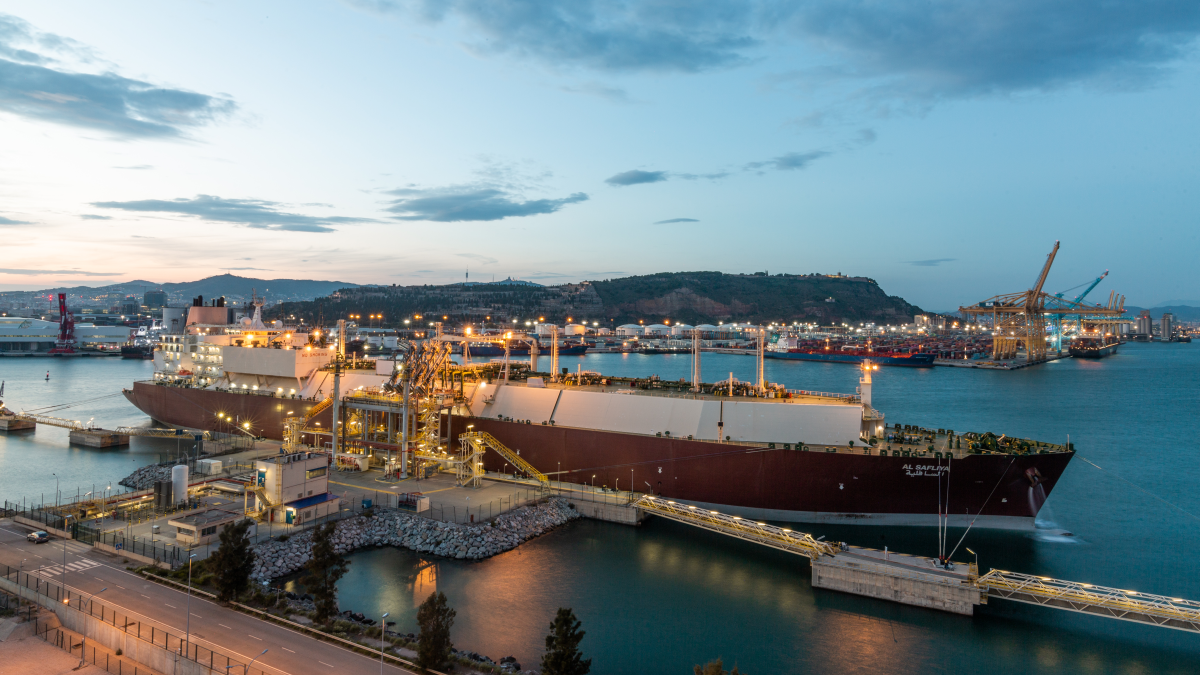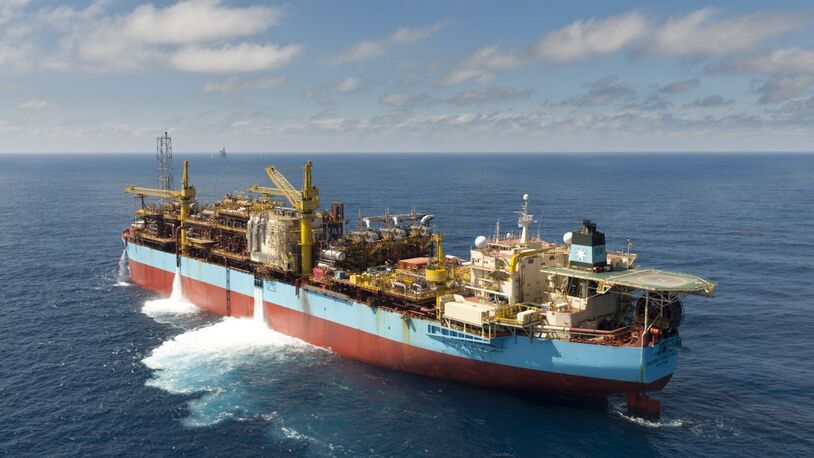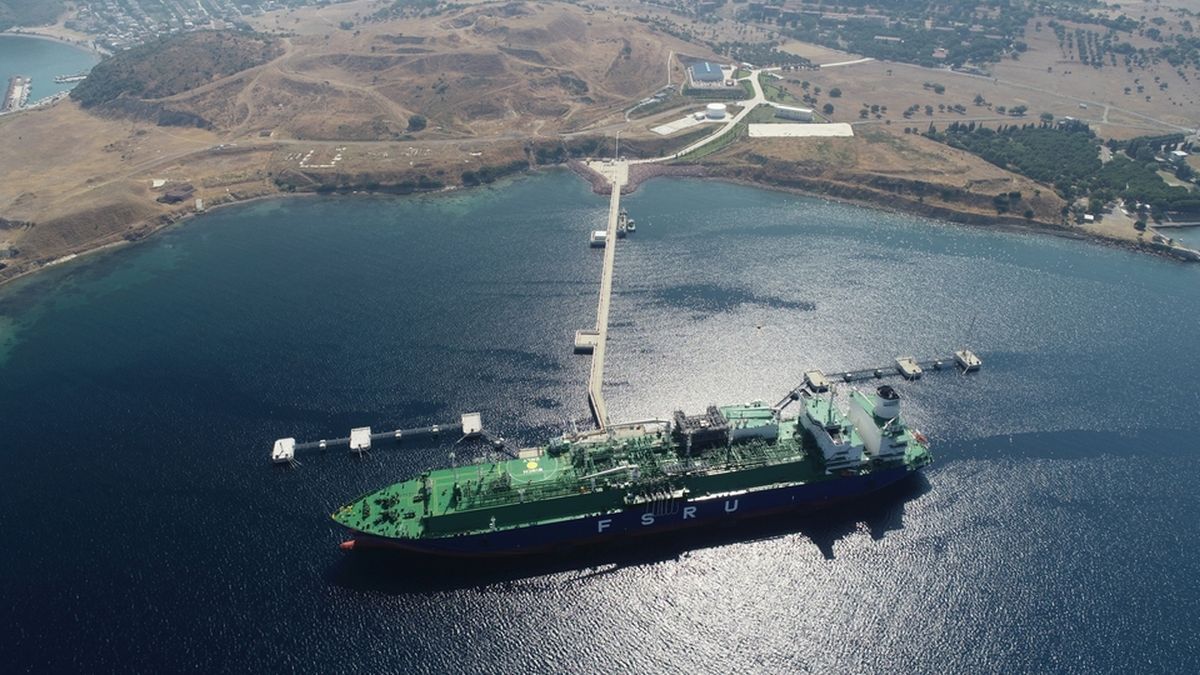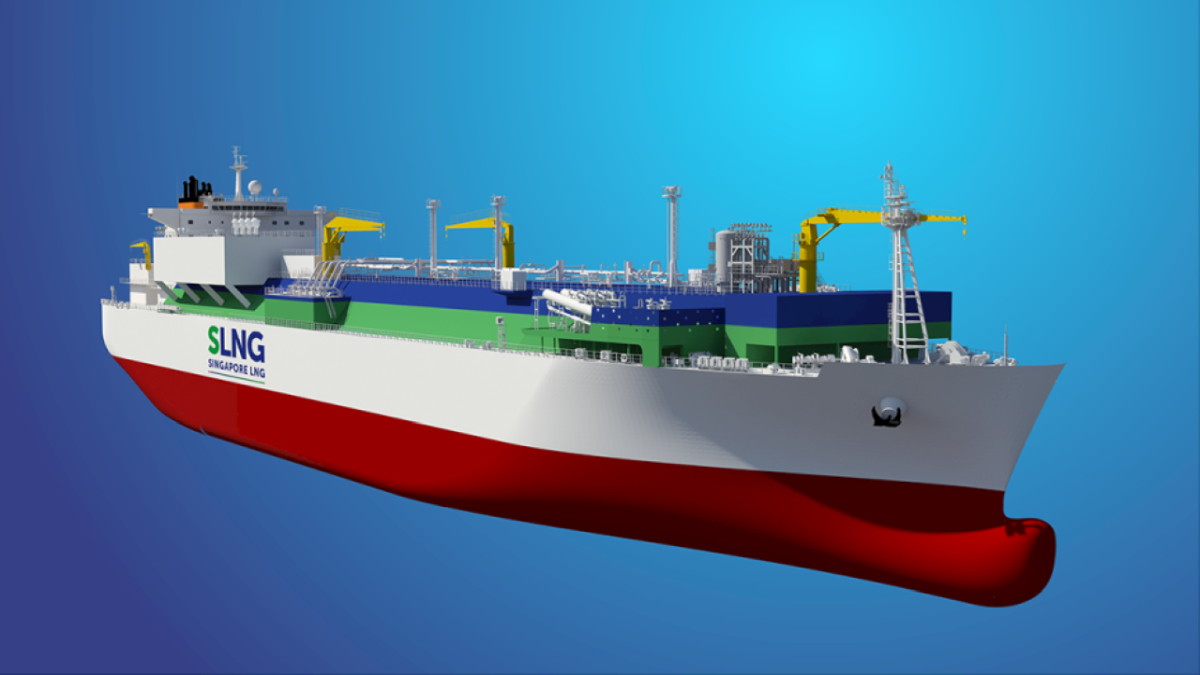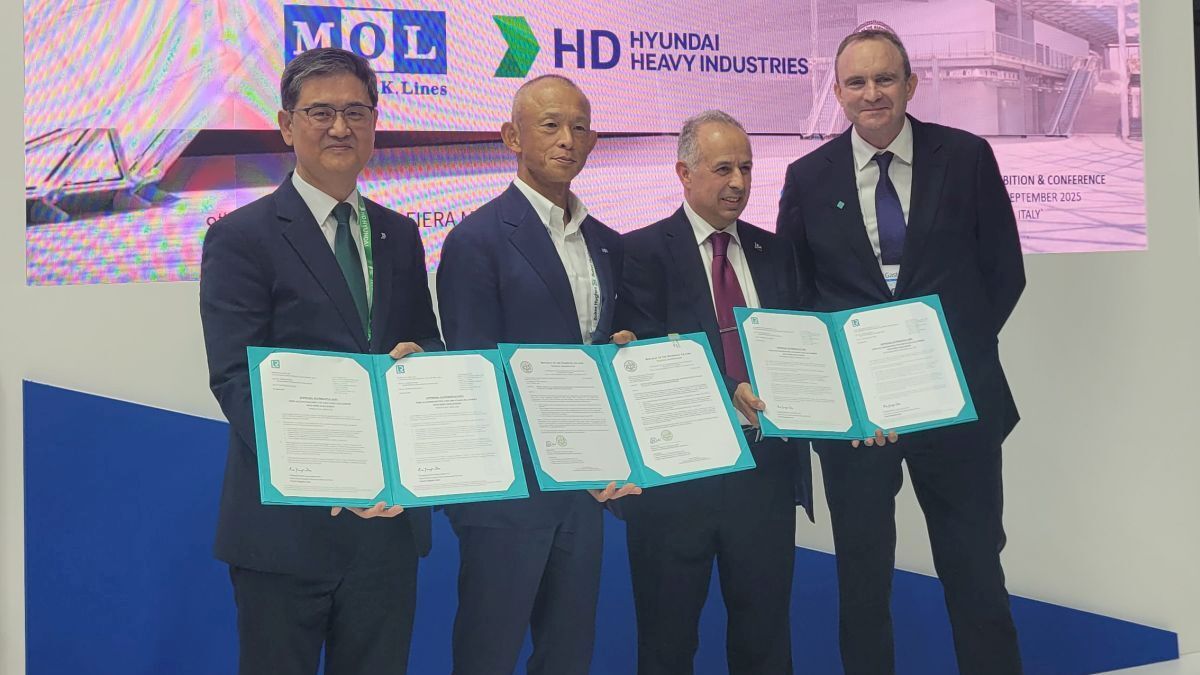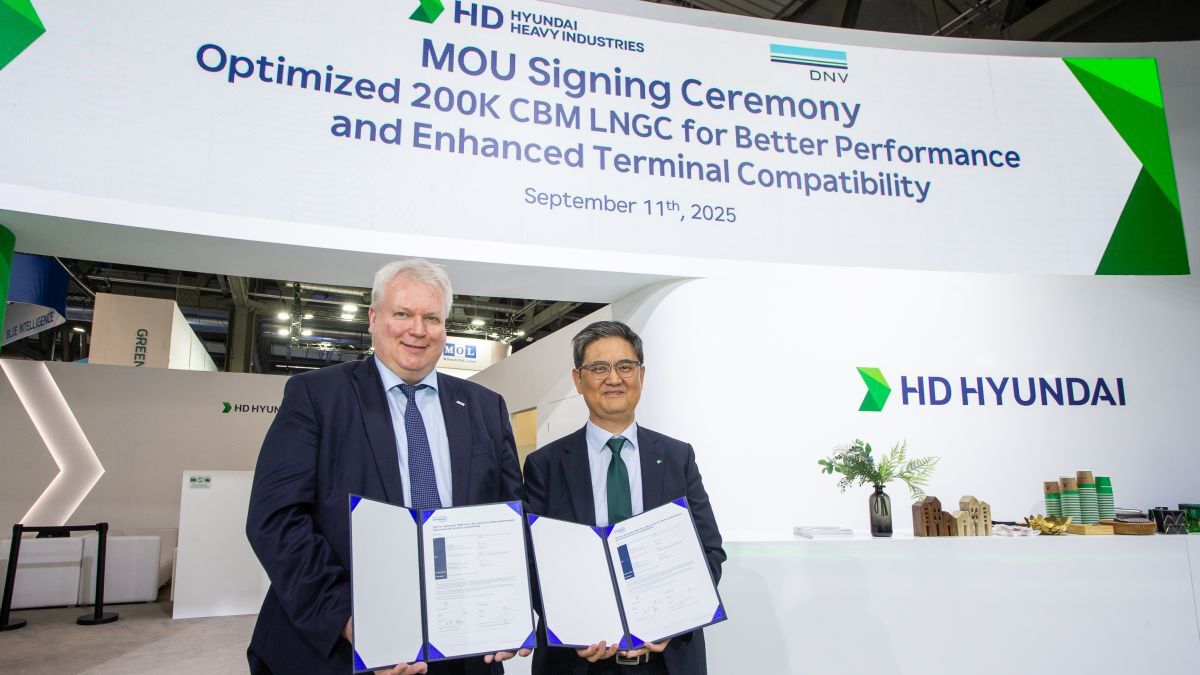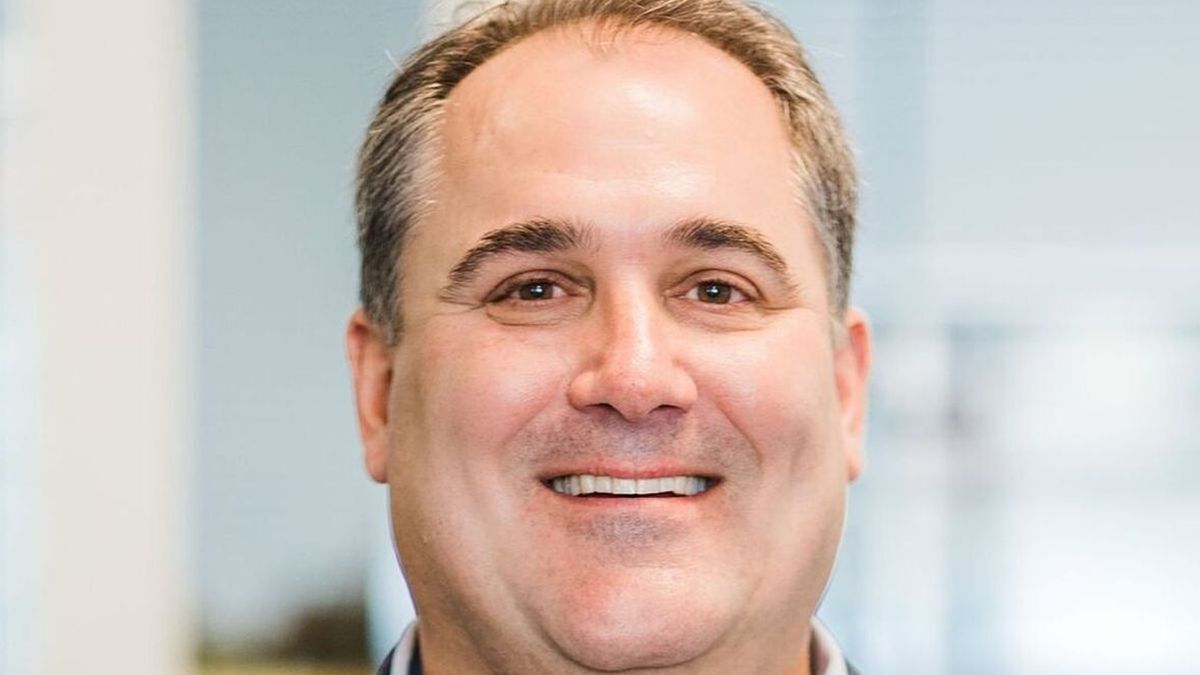Business Sectors
Contents
Register to read more articles.
Pronav Ship Management: steering clear of a crew bidding war
Pronav Ship Management’s managing director, Martin Roolvink, outlines how the company is navigating the rising demand for LNG seafarers
Hamburg-based Pronav Ship Management has been central to the technical management and crewing of LNG carriers since its foundation in 1995. In 2018, the company became part of the Schulte Group following its acquisition by Bernhard Schulte, further solidifying its role in the LNG sector.
Pronav Ship Management managing director, Martin Roolvink, has been in the LNG industry for over 15 years during which he has been in charge of commercial operations and crewing of large LNG carriers with different cargo containment systems as well as with both steam and diesel propulsion. In 2019, he was appointed as managing director of the Pronav companies, focusing on technical management and crewing of LNG carriers.
He explained that managing crew for LNG carriers requires careful planning and foresight. "As the managing director, I focus on both crewing and ship management, which are the cornerstones of our services," he said. "Manning LNG carriers with highly qualified and experienced crews has always been a challenge, and with the rapid growth of the LNG fleet, this challenge has become even more pressing.
“The numbers tell the story. Currently, there are around 800 LNG carriers in operation worldwide, with an additional 350 vessels scheduled to be delivered within the next five years. "To properly man these new vessels, we will need approximately 17,500 additional seafarers by 2028," Mr Roolvink stated. The scale of this demand is driven by the continued expansion of the LNG market, particularly with projects like Qatar’s LNG mega-projects, which will require more than 120 new LNG carriers over the next five years.
“The best and safest systems in the world are ineffective in the hands of untrained users”
However, this growth is not without its challenges. "The LNG industry learned a hard lesson during the 2007-2008 boom when a sudden rise in demand for LNG seafarers triggered a bidding war," recalls Mr Roolvink. "Crew wages skyrocketed in less than 12 months, and as crew wages represent more than 50% of an LNG carrier’s yearly operating expenses, this put a tremendous strain on the industry." While no one wants to see a repeat of that scenario, the risk remains if the supply of qualified crew does not keep pace with the expanding fleet.
He added it is not just the delivery scenario that will impact crewing: “Do not forget the officer experience matrix for which the requirements set by the charterers are continuously increasing, making it even more difficult for the ship operator to find suitable crew.”
To prevent another bidding war and the poaching of crews, Mr Roolvink stresses the importance of long-term planning and investment in crew training. "Proper planning is key," he says. "Ship owners need to invest massively in training programmes for cadets and in converting seafarers from other vessel types to LNG."
Pronav is addressing the crew shortage with a strategy centered on retention, training, and recruitment. Mr Roolvink emphasises that its crew strategy revolves around these three pillars, with a priority on creating a safe and supportive work environment to maintain crew loyalty. He also highlights how the Schulte Group’s structure helps cultivate long-term relationships with employees and clients, aiding in workforce retention.
Pronav places a strong emphasis on operational integrity. According to Mr Roolvink, its focus remains on ensuring safe and efficient management of customer assets, and its operational success can be attributed to the dedication and skill of the crew, alongside continuous efforts to minimise environmental impact. Since 1998, Pronav-managed vessels have completed approximately 4,700 LNG cargo operations, operating with minimal disruptions while balancing cost-efficiency and safety.
The company takes pride in its high retention rates, which Mr Roolvink views as evidence of effective management. He highlights that the crew retention rate has consistently exceeded 90%, showing the strength of long-term personnel relationships, a critical advantage amid industry growth and crew shortages.
Training remains a cornerstone of Pronav’s approach. The company’s cadet programme plays a crucial role in helping junior officers become familiar with the operational systems, alongside conversion training for seafarers from other vessel types. Mr Roolvink notes that transitioning from LPG tankers to LNG vessels can take several years, which underscores the importance of planning ahead.
Recruitment continues to be a challenge, especially as Pronav diversifies its crew pool. According to Mr Roolvink, expanding recruitment to nationalities not typically involved in LNG crewing is becoming increasingly important. He predicts that the future of LNG crewing will rely on more multinational crews, as is already the case in other shipping sectors.
Despite these challenges, Mr Roolvink is optimistic. He observes a growing understanding in the industry that poaching seafarers is not a sustainable solution. Collaboration among ship owners and charterers, alongside investments in training programmes, is crucial to ensuring new vessels are adequately manned. "The best and safest systems in the world are ineffective in the hands of untrained users. Having well-prepared and well-trained seafarers aboard LNG carriers is paramount in upholding the required standards and ensuring safe operations," he said.
As the LNG fleet expands, Mr Roolvink believes that the industry must continue to prioritise crew training and development to avoid future bidding wars. "Safety always comes first in the LNG industry. Our industry should not shy away from the responsibility to invest in the people who will be in charge of these assets." He concludes: "In the end, the solution is simple: train and treat your crew well and avoid compromising where it matters most."
Related to this Story
Events
Maritime & Offshore Community Golf Day 2025
Offshore Wind Webinar Week
Maritime Decarbonisation, Europe: Conference, Awards & Exhibition 2025
Offshore Support Journal Conference, Americas 2025
© 2024 Riviera Maritime Media Ltd.


